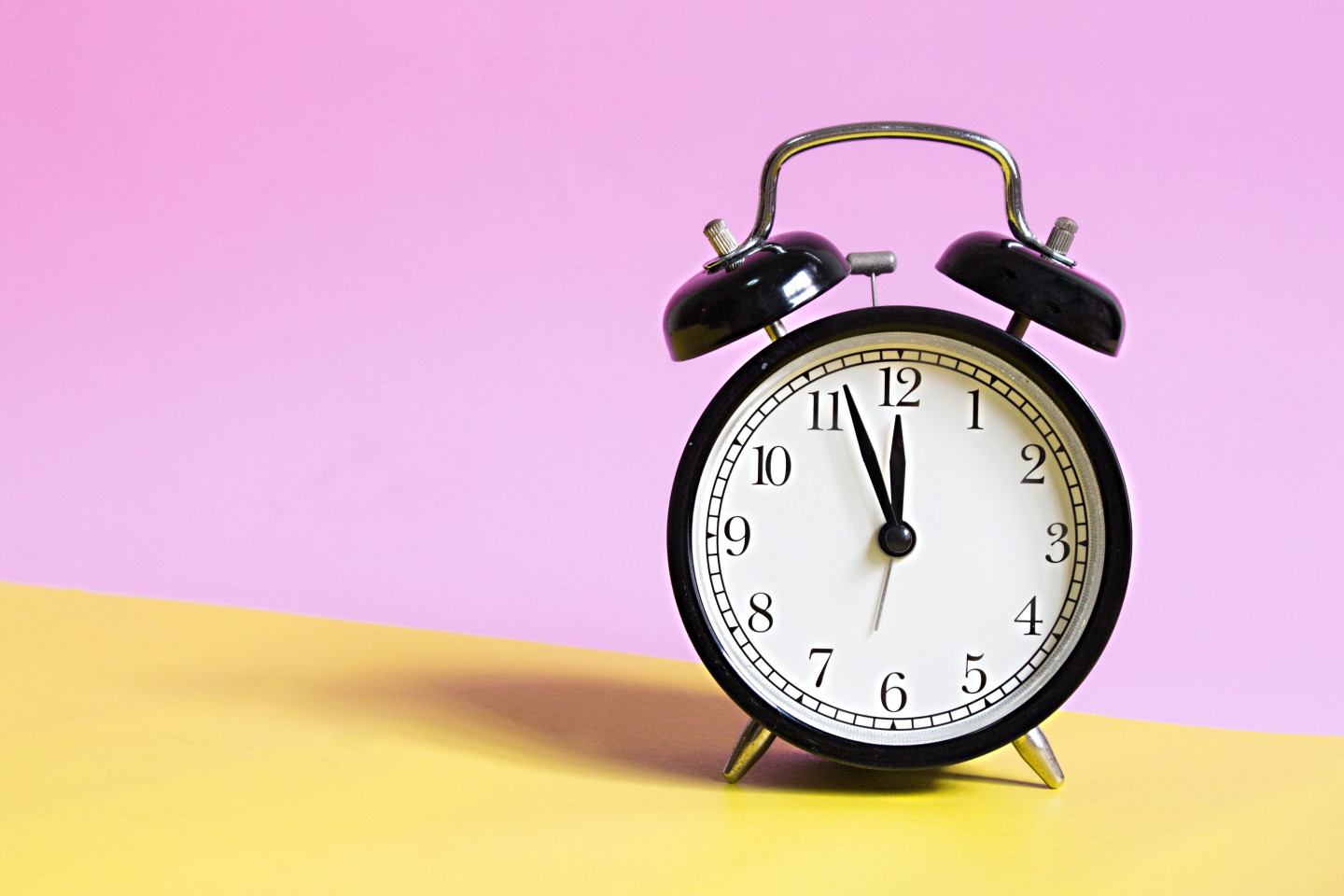Yes, Putting Your Health and Happiness First Can Improve Your Career
Years ago, the World Health Organization turned their attention to a problem so severe and damaging that they called it the “health epidemic of the 21st century.” That epidemic was stress. We are the first to admit that 80 hour work weeks and side hustles are the new norm. And we aren’t going to be the ones to tell you to stop working your butt off if that is what you want to do.
But that doesn’t mean we don’t acknowledge that putting your health and happiness above your work is necessary for your general wellness. In fact, when you take care of your personal needs you may find that it benefits your career just as much as your well-being.
What Stress Does to Your Mind

Stress can cause physical maladies such as headaches, jaw clenching, teeth grinding, muscle spasms, heartburn, and nausea as well as back, neck, and chest pain. Even if you are a super human who doesn’t feel the physical side effects of exhaustion and stress, you might be falling victim to non-physical symptoms such as forgetfulness, disorganization, confusion, trouble learning new information, difficulty in making decisions, nervous habits, and overreaction to petty annoyances. To top it all off, according to The American Institute of Stress you may also experience reduced work efficiency or productivity.
Carve Out Me-Time

Everyone's wellness needs are going to be different. Some may not feel their best if they don’t take the time to cook healthy meals. Others may be strongly affected by not being able to spend as much time with their loved ones as they would like. Bookworms may feel more anxious if they can’t spend quiet time reading and escaping their troubles before bed. Think about what is important to you and what makes you feel like your best self, then carve out the time to do it. Seriously, add it to the to-do list and make sure it gets done like any other vital task.
Think about what is important to you and what makes you feel like your best self, then carve out the time to do it.
Exercise is a great way to take care of both your physical and mental health at once. Physical activity releases endorphins in the brain and is proven to lower stress levels as well as symptoms associated with mild depression and anxiety. It can also help relax muscles and relieve tension in the body.
When you don’t have time to squeeze in a workout, try having a good laugh. Laughing also releases endorphins, which are significantly more powerful than the pain-relieving drug morphine. If relieving stress and pain isn’t enough to convince you, then consider this: Endorphins boost immunity, which could save you a lot of out of office days come flu season.
Your Well-Being Benefits the Company, Too

It would financially benefit companies to look out for their employees’ health and happiness, not to mention be the decent thing to do. In fact, workplace stress costs U.S. businesses $300 billion annually. On top of lost productivity, health care costs are 46% higher for employees with high levels of stress. If employers value the wellness of their employees, they should ensure that they are working manageable hours, taking lunch breaks, encourage time off, and create a generally positive work environment.
You are entitled to take a breather, play hooky, nap a day away, laugh, cry, whatever it is that will make you feel lighter. A few easy ways to start, if you can: Leave a few minutes early from work to make it to that yoga class, go home when you aren’t feeling well, and turn off your phone when you are on vacation. If you do this you will be more creative, in control, calm, productive, focused and most importantly happy.
This piece originally appeared on Create & Cultivate.
Shine is supported by members like you. When you buy through links on our site, we may earn an affiliate commission. See our affiliate disclosure for more info.


